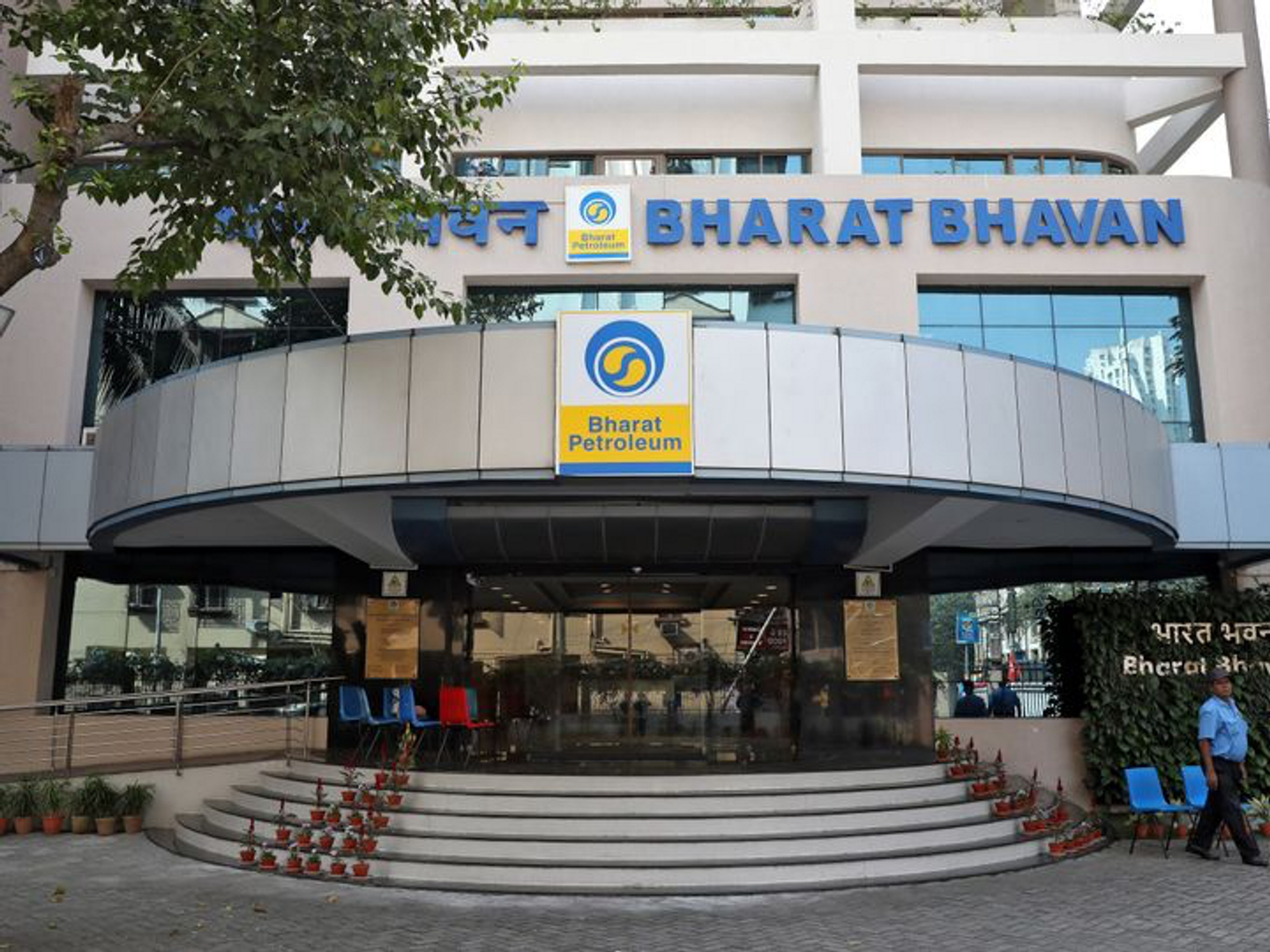
India’s second-largest state-run oil company, Bharat Petroleum Corporation Limited (BPCL), plans to issue a tender within the next 7-10 days to purchase crude oil for December delivery. The company said Russian oil would be included in the tender — but only from “non-sanctioned suppliers.”
However, Mark Douglas, an analyst at Starboard Maritime Intelligence who specializes in tracking the “shadow fleet,” told The Insider that such language is more of a legal safeguard than a guarantee of transparency in supply chains:
“When companies like Bharat Petroleum specify that their cargoes are sourced from a ‘non-sanctioned supplier’, it’s best understood as a formal compliance position rather than an assurance of complete traceability. Once oil leaves port, it often passes through multiple intermediaries and transfers — and even with satellite and AIS monitoring, verifying the full chain of custody remains difficult for any refiner.
That structure effectively shifts the compliance burden onto suppliers. If a shipment were later found to involve a sanctioned vessel, the purchaser could credibly point to its contractual requirements and argue that it had no operational control over every movement within what is, by nature, a complex and globally traded commodity market.
This isn’t unique to India — it’s a systemic challenge. Across global shipping, we’ve seen cargoes loaded under one identity, transferred at sea, sometimes with transponders off, and later declared under a different origin. The case of Iranian crude re-labelled as Malaysian oil before reaching China illustrates how easily that opacity can arise once oil moves beyond direct national oversight.”
Reliance Industries, India’s largest buyer of Russian oil, also pledged to comply with Western sanctions: “Reliance will address these conditions while maintaining the relationships with its suppliers,” a company statement read. The conglomerate, controlled by billionaire Mukesh Ambani, operates the world’s largest refinery complex in Jamnagar and holds a long-term contract to import nearly 500,000 barrels of crude per day from Rosneft. Reliance’s statement includes a legal clause allowing for “contractual adaptation to market and regulatory conditions,” effectively giving it the option to pause operations without fully terminating agreements.
The United States imposed sanctions on Lukoil and Rosneft on Oct. 23, giving companies until Nov. 21 to wind down all transactions with the Russian oil producers.